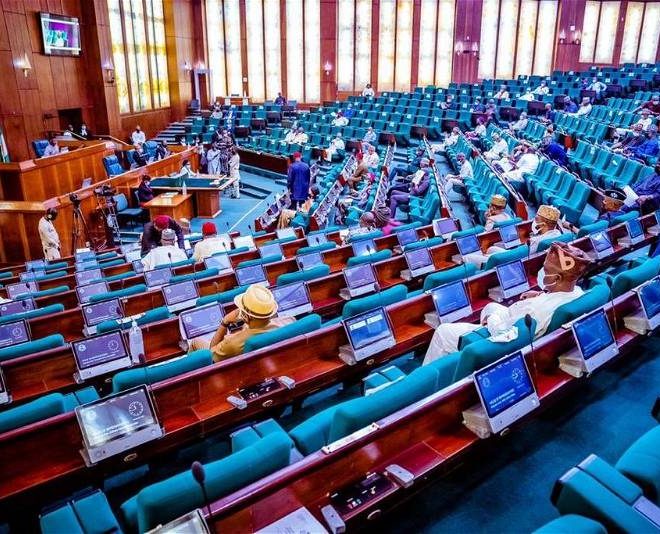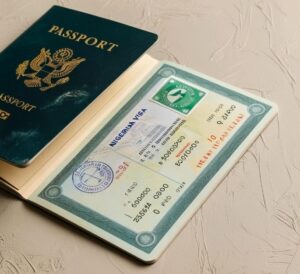
The House of Representatives has unveiled a proposal for constitutional amendment to expand the National Assembly and introduce legally guaranteed reserved seats for women and persons with disabilities (PWDs).
The amendment, announced by Speaker Tajudeen Abbas at the official opening of the 2025 National Assembly Open Week and the launch of the 10th House Midterm Legislative Scorecard, proposes the creation of 83 new seats exclusively for women. This includes 55 seats in the House of Representatives—raising its membership from 360 to 415—and 28 seats in the Senate, increasing the total composition of the National Assembly from 469 to 552.
Additionally, five per cent of existing legislative seats would be reserved for persons with disabilities. According to Abbas, these positions would be filled via nomination by accredited disability advocacy organisations.
“These reforms are part of a broader effort to institutionalise inclusive governance. Ten per cent of seats in both chambers would be allocated to women, apportioned by state to ensure regional balance. Elections for these seats would be conducted on separate ballots and structured with staggered terms to promote mentorship and continuity,” Abbas said.
He stressed that representatives elected under these special quotas would possess equal rights, privileges, and committee responsibilities as their counterparts, ensuring full integration into the legislative process.
The Speaker decried Nigeria’s historical underrepresentation of women in governance, noting that female representation in parliament has remained abysmally low. “At independence, women occupied less than one per cent of parliamentary seats. By 1990, it rose marginally to two per cent. In 1999, the figures were 3.9 per cent in the House and four per cent in the Senate. Today, despite making up half the population, women’s representation has stagnated,” he said.
He cited international examples, including Rwanda and Senegal, where constitutional quotas significantly boosted female representation to over 30 per cent in a single electoral cycle.
Reviewing the performance of the 10th House at midterm, Abbas revealed that 2,263 bills were introduced in the past two years, with 1,478 passing second reading. Of these, 237 have been transmitted to the Presidency, and 55 have been signed into law by President Bola Tinubu.
The House, he said, had also considered over 1,100 motions, with more than a third addressing urgent public issues. Furthermore, more than 1,000 committee meetings were held, 300 project sites were visited, and over 200 Ministries, Departments, and Agencies (MDAs) were scrutinised, resulting in recoveries and improved governance processes.
Abbas disclosed that the House had received 621 public petitions. Of these, 24 have been resolved, 30 dismissed for lack of merit, and 567 remain under consideration.
Looking ahead, the Speaker affirmed the House’s commitment to ongoing constitutional reforms, including state policing, natural resource devolution, fiscal accountability, and protection of human rights. He pledged sustained collaboration with state assemblies and stakeholders to ensure the entrenchment of the proposed gender and disability quotas in the 1999 Constitution.






